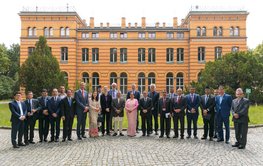The Head of ‘Operational Management’ at the GFZ is a member of the newly founded Brandenburg Scientific Climate Council, which advises the state on how to achieve its climate targets.
Using simulation and AI, it was possible for the first time to break down the mass change responsible for polar movement into individual components – including the melting of large ice masses.
On July 15, 2024, the Kyrgyz Ambassador Omurbek Tekebaev visited the GFZ. Further possible fields of cooperation in research, education and training were discussed.
The new TrueTriax high-pressure testing system can simulate a wide range of processes on rock samples down to 10 km depth. This provides important data for geoenergy research & applications.
Sediment cores off the Nile mouth reveal insights into effects and causes of heavy rainfall episodes about 9,000 years ago. That will help to prepare for weather extremes in a changing climate.
The PhD student in the ‘Geoenergy’ section is being honoured by the umbrella organisation for geosciences. In addition to her hydrogeological research, she is also involved in the ‘Young FH-DGGV’.
Q & A on extreme water events in Germany from GFZ and UFZ experts
This year's Doctoral Student Days took place on 17 and 18 June under the motto "Harvesting Knowledge, Thriving together!"
Heidi Kreibich wird für ihre herausragenden Beiträge zu Hochwasserrisiken im November mit der Volker Medaille des Internationalen Hydrologiepreises der IAHS ausgezeichnet.
President Ram Chandra Paudel and his delegation informed themselves about current and possible future cooperations between Nepal and the GFZ against the background of increasing climate change.



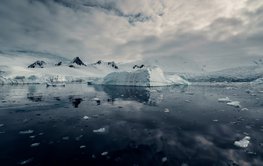
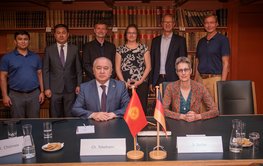
![[Translate to English:] Group photo with 7 people in front of a new metal plant in a large laboratory hall.](/fileadmin/_processed_/0/4/csm_20240628-GFZ_Einweihung_Triax-Anlage-PRESSE_Abb1_040_c-Bahlo-GFZ_08faf32907.jpeg)
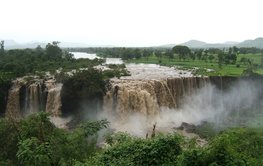
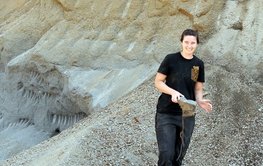
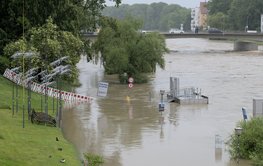
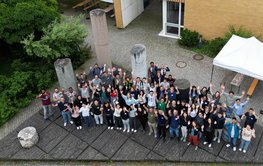
![[Translate to English:] Heidi Kreibich, woman with short brown hair and blue eyes. She is wearing a grey cardigan and a red polo shirt](/fileadmin/_processed_/6/6/csm_kreibich-Heidi_1_Querformat_he-2021_7269b57315.jpeg)
